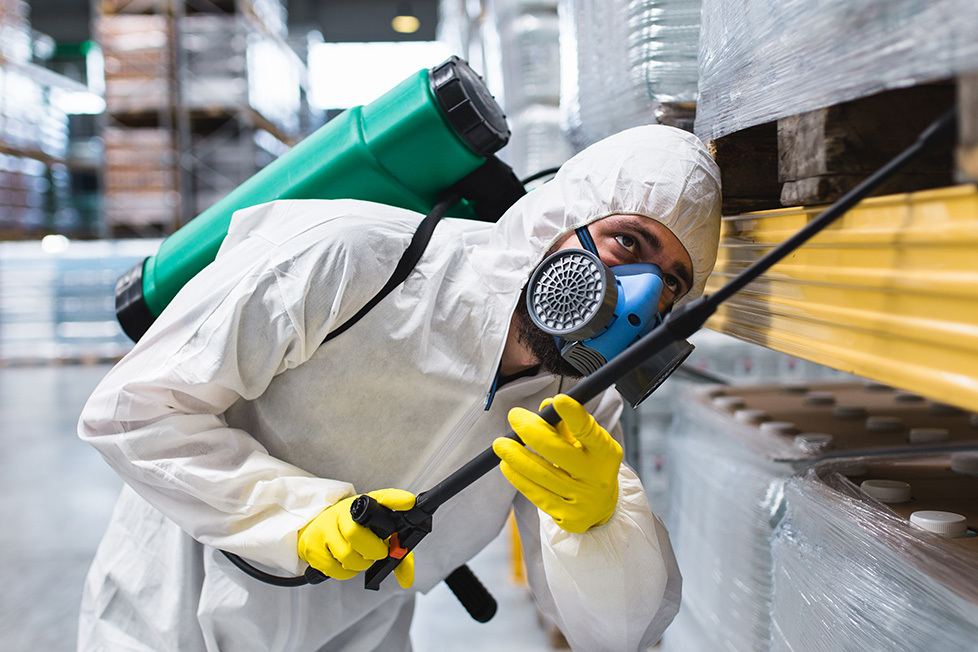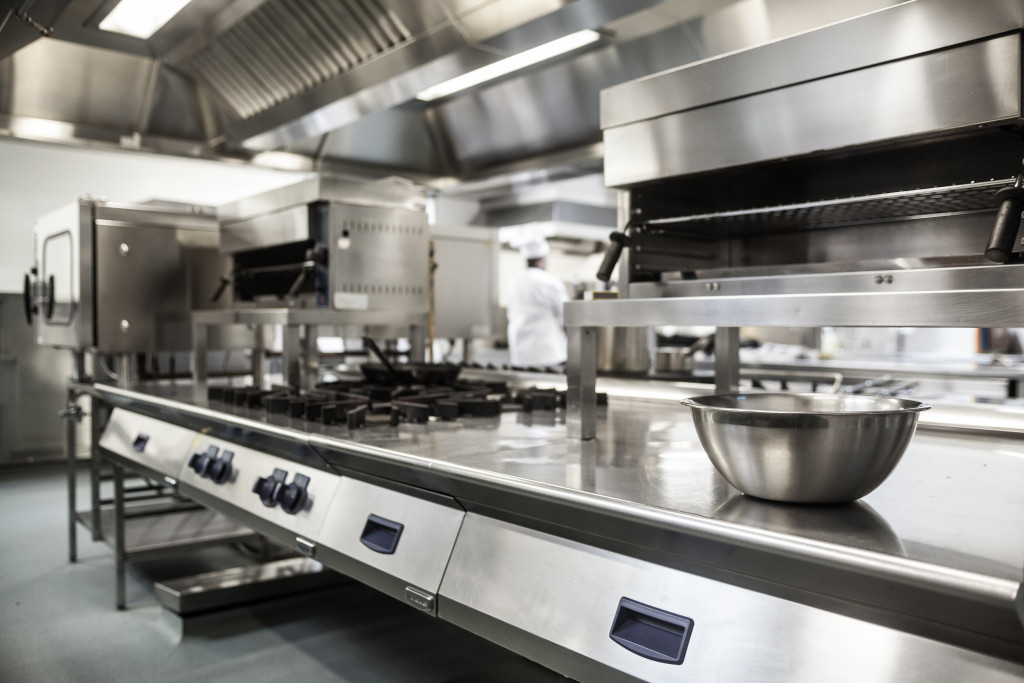- Effective waste management, including recycling and composting, helps maintain kitchen cleanliness.
- Proper ingredient inventory management minimizes spoilage and prevents kitchen clutter.
- Regular pest inspection and extermination are crucial to a clean and safe kitchen environment.
- Sanitation strategies improve restaurant operations, including cleaning schedules and waste reduction measures.
Maintaining cleanliness in a restaurant kitchen isn’t merely a matter of aesthetics; it’s a significant issue that impacts food safety and quality, customer satisfaction, and the efficiency of operations. According to surveys by the National Restaurant Association, approximately 60% of customers consider cleanliness rating as crucial as the taste and quality of food. Health departments note that nearly half of all restaurant-related foodborne illness outbreaks originate from improper cleaning and sanitizing in the kitchen. Therefore, maintaining impeccable cleanliness standards not only ensures the health and safety of your customers but also plays a crucial role in establishing your restaurant’s reputation.
Unfortunately, you might not know how to ensure your kitchen is as clean and organized as possible. It can be daunting to keep track of all the different areas in the restaurant that must stay clean and sanitary. Luckily, there are simple steps you can take to ensure your kitchen always remains sparkling clean.
Proper Waste Management

Restaurants are known for generating substantial amounts of waste daily. A full-service restaurant can produce about 100,000 pounds of garbage annually. Managing this waste effectively is crucial to maintain cleanliness and sanitation in the kitchen. Here are a few ways to address them:
Implement a Recycling Program
One way to manage waste is by implementing a recycling program. Separate recyclable materials such as paper, plastic, glass, and metal from non-recyclable waste. This reduces the amount of waste going to landfills and promotes environmental sustainability.
Composting Food Waste
Composting is another excellent way to manage waste. Instead of throwing out food scraps and peels, you can compost them to create nutrient-rich soil for gardening. It significantly reduces the amount of organic waste that would have otherwise ended up in landfill.
Regular Waste Disposal
Ensure regular and timely removal of waste from the kitchen to avoid foul odors and pest infestations. Contract with a professional waste disposal company to ensure efficient and safe removal.
Monitor and Reduce Waste Generation
Lastly, monitor the amount of waste generated and identify ways to reduce it. For instance, you can minimize food waste by improving inventory management and portion control. Offering customers the option of smaller portion sizes may also help in reducing food waste.
Of course, proper cleaning schedules will also be critical, such as regular cleaning of floors, walls, and countertops. While there are many ways to keep a restaurant kitchen clean, these tips should serve as a good starting point to create an effective waste management system and overall kitchen cleanliness.
Proper Ingredient Inventory Management
Learning proper management of ingredients entering the kitchen is crucial to maintaining cleanliness and ensuring food safety. The process begins with the appropriate storage of ingredients – raw meats, dairy, produce, and other perishable items should be correctly stored at suitable temperatures to prevent spoilage and cross-contamination. Spoiled ingredients pose a health risk and can contribute to unpleasant odors and the spread of bacteria within your kitchen.
Furthermore, a well-organized inventory system helps prevent overstocking. Overstocking can lead to clutter, making it harder to keep the kitchen clean and orderly. It can also increase the chance of ingredients being forgotten or overlooked until they spoil. In contrast, a manageable inventory ensures that every item is regularly checked and used before its expiration date, reducing waste and improving kitchen cleanliness.
Lastly, the proper management of incoming ingredients includes thorough inspection upon delivery. Rejecting items that are not fresh or are improperly packaged eliminates potential sources of contamination. Thus, understanding how to manage your ingredient inventory correctly is critical in maintaining a clean, safe, and efficient kitchen environment.
Pest Control

Pests are attracted to restaurant kitchens due to the readily available food, water, and shelter. They can easily find their way in through small cracks or openings, or they may hitch a ride on deliveries. Common pests in restaurant kitchens include cockroaches, flies, and rodents—all of which can pose serious health risks and damage your reputation.
Inspect your restaurant regularly for any signs of pests. Look out for droppings, nests, or damage to food packaging. Consider common entry points like doors, windows, vents, and floor drains. Ensure that any cracks or openings are sealed off, and install door sweeps and screens to prevent pests from entering.
Maintain a regular cleaning schedule, focusing on areas where food particles or grease may accumulate, such as kitchen equipment, floors, and drains. Regular cleaning removes food sources for pests and allows you to spot any signs of an infestation early.
Despite your best efforts, you might still find pests in your kitchen. If this happens, it’s best to hire an exterminator. They have the knowledge, experience, and tools to effectively and safely eliminate pests from your restaurant. Regular visits from an exterminator can keep your restaurant pest-free and ensure that it remains a safe and pleasant environment for your staff and customers.
Final Thoughts
Keeping your restaurant kitchen clean is essential for maintaining food safety, quality, customer satisfaction, and the overall reputation of your restaurant. Identify areas where you may fall short regarding sanitation and hygiene standards and take appropriate action. Implement waste management programs to reduce the amount of waste going into landfills, manage ingredient inventory properly to avoid spoilage and cross-contamination, and hire an exterminator to keep pests away. With the right strategies in place, you can always ensure your kitchen remains clean and hygienic.

